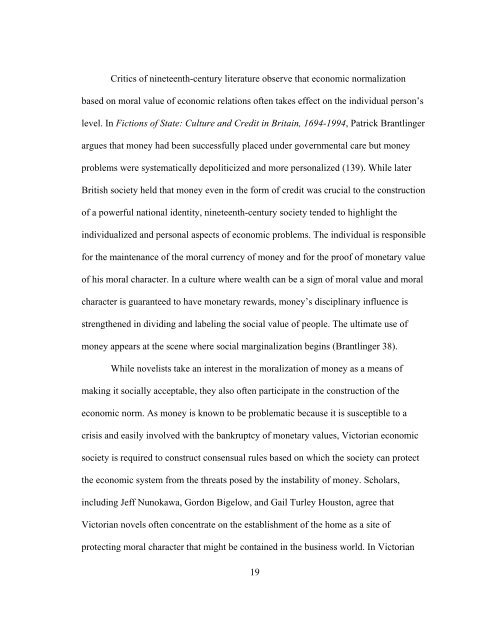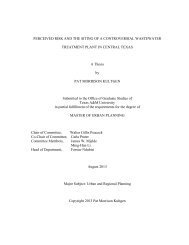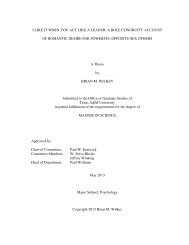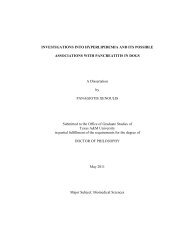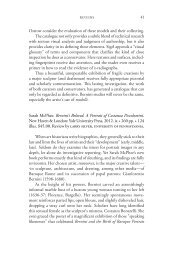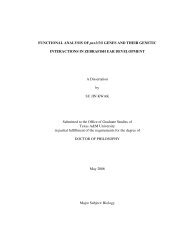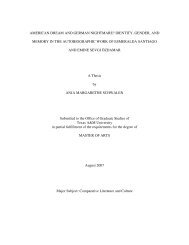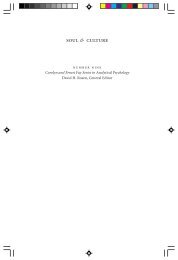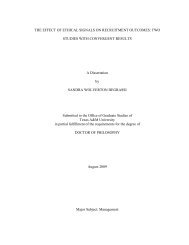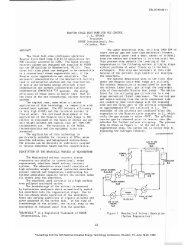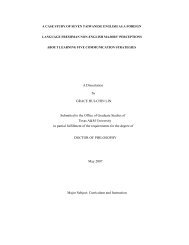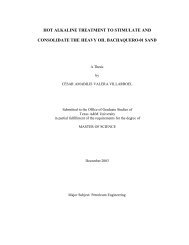CENTURY LITERATURE A Dissertation by JUNG SUN ... - Repository
CENTURY LITERATURE A Dissertation by JUNG SUN ... - Repository
CENTURY LITERATURE A Dissertation by JUNG SUN ... - Repository
You also want an ePaper? Increase the reach of your titles
YUMPU automatically turns print PDFs into web optimized ePapers that Google loves.
Critics of nineteenth-century literature observe that economic normalization<br />
based on moral value of economic relations often takes effect on the individual person’s<br />
level. In Fictions of State: Culture and Credit in Britain, 1694-1994, Patrick Brantlinger<br />
argues that money had been successfully placed under governmental care but money<br />
problems were systematically depoliticized and more personalized (139). While later<br />
British society held that money even in the form of credit was crucial to the construction<br />
of a powerful national identity, nineteenth-century society tended to highlight the<br />
individualized and personal aspects of economic problems. The individual is responsible<br />
for the maintenance of the moral currency of money and for the proof of monetary value<br />
of his moral character. In a culture where wealth can be a sign of moral value and moral<br />
character is guaranteed to have monetary rewards, money’s disciplinary influence is<br />
strengthened in dividing and labeling the social value of people. The ultimate use of<br />
money appears at the scene where social marginalization begins (Brantlinger 38).<br />
While novelists take an interest in the moralization of money as a means of<br />
making it socially acceptable, they also often participate in the construction of the<br />
economic norm. As money is known to be problematic because it is susceptible to a<br />
crisis and easily involved with the bankruptcy of monetary values, Victorian economic<br />
society is required to construct consensual rules based on which the society can protect<br />
the economic system from the threats posed <strong>by</strong> the instability of money. Scholars,<br />
including Jeff Nunokawa, Gordon Bigelow, and Gail Turley Houston, agree that<br />
Victorian novels often concentrate on the establishment of the home as a site of<br />
protecting moral character that might be contained in the business world. In Victorian<br />
19


